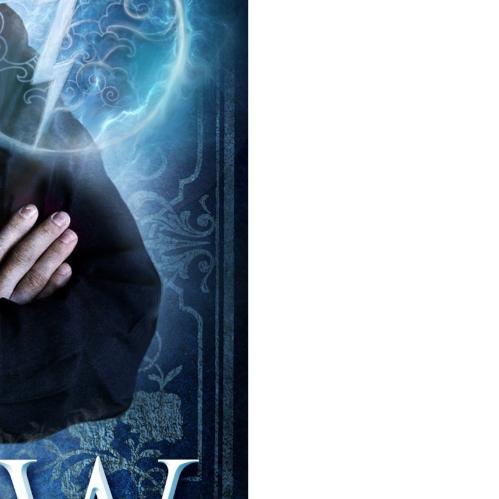
Look for the cover reveal for SHADOW WIZARD, book one in Renegades of Magic, the new trilogy continuing the Bonds of Magic epic tale! I’m getting the preorders set up today and plan to do the cover reveal on Instagram tomorrow, August 11, 2022. Members of my private Facebook group, Jeffe’s Closet, may get a sneak peek 😉
This week at the SFF Seven, we’re asking: how has your writing practice changed over time?
It’s interesting because the topic-suggester framed it as “Plus ça change, plus c’est la même chose” – my college French demanded I get the saying correct – which is a French saying that acknowledges that the more things change, the more they stay the same. In other words, that surface details may alter over time, but the essence of the thing, the recognizable cycle of events, is fundamentally inalterable. Often it’s applied to history. So this suggests that our writing practice may change over time, but it also stays the same. Is this this case?
I’m saying no, at least for me. My writing practice has changed considerably since my newbie days. I was reflecting recently that, as a teen and young woman, I didn’t really know how to apply myself to improving at a task. This largely came from the fact that, in school all the way through high school, I could get by without really trying. I had a good auditory and visual memory, and I tested well, so I didn’t need to work hard to get A’s. (Except in math, which I thought I wasn’t good at, even though they put me in accelerated math classes. Turns out I likely wasn’t good at it because I didn’t like math, so I didn’t listen in class. Oops.) In college and grad school, a number of professors began riding me to apply myself, to study and do the practice problems. I kind of tried to – especially when I had to retake Immunology for my biology major and really didn’t want to have to retake second semester of organic chemistry – but there was a major problem: I didn’t know how to study.
I remember thinking I needed to learn how to study, but I was mostly flailing about. It was only when I had novel deadlines to meet that I got very good at refining my ability to work in concentrated ways, incrementally, day after day. I don’t often think of messages I’d like to give to my younger self, but I now wish I could advise that college student, that graduate student, to develop the habit of working for a couple of hours every morning. This is my best brain time. If I had done that in school, if I had spent just that much time working practice problems and reviewing the material, I likely would have done much better.
Of course, then I might have ended up as a research scientist after all, when I’m so happy as a novelist. Maybe it took working on something I truly cared about to inspire me to develop the practice to do it. Que sera, sera!

